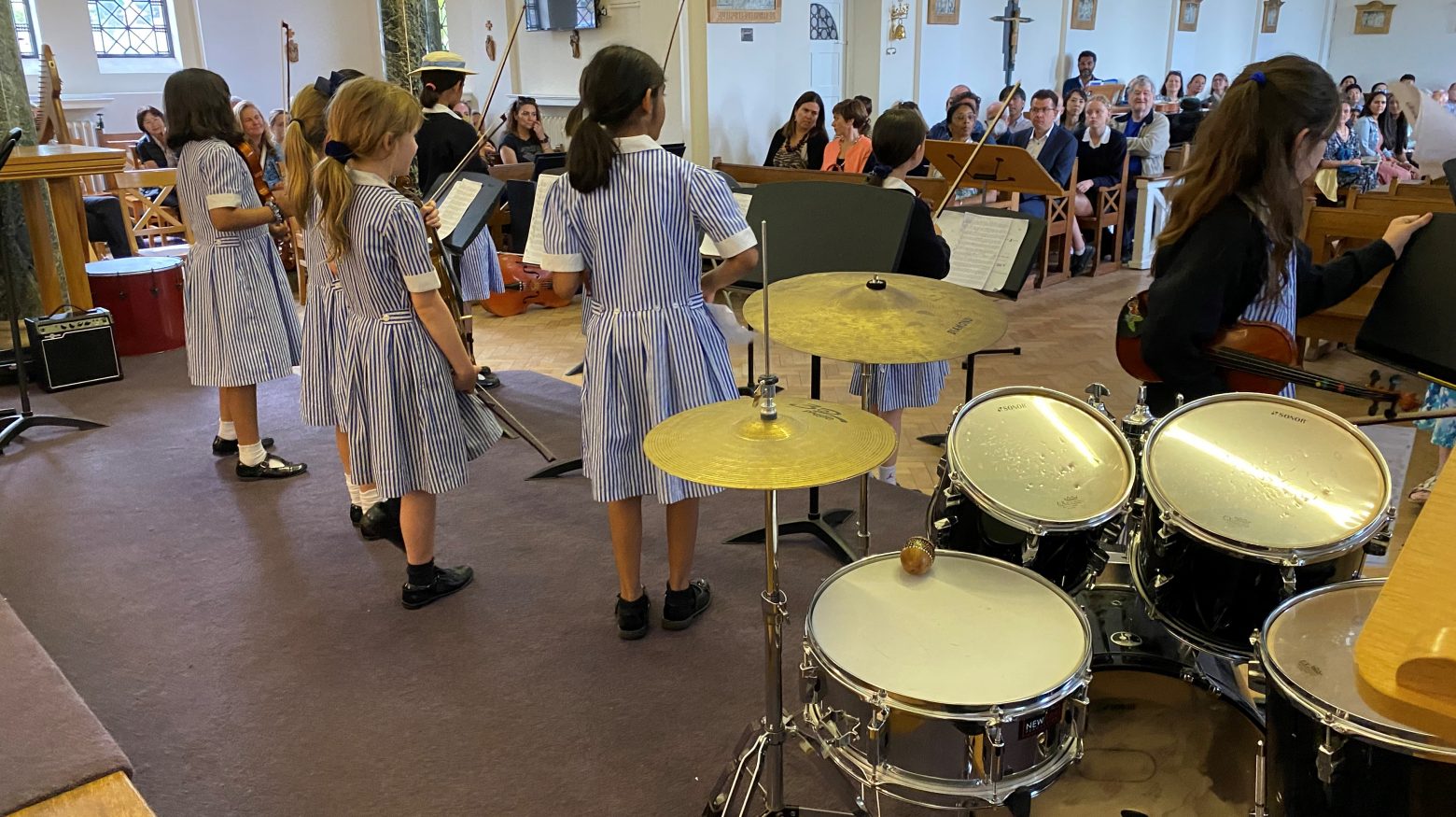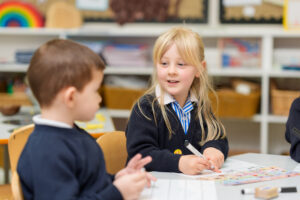We are human beings in a digital world and creating a curriculum that prepares students for the future in every respect has never mattered more.
We want the students to be ready for the 4.0 Industrial Revolution. This means preparing students for a digital age where they are creators, not just users of technology. It means that we actively promote all aspects of learning about emotional intelligence, mental health and the ways in which Inclusion, Diversity and Equity will now shape the world. It gives a primacy to skills needed for human beings to live alongside robots. It wraps up our work on sustainability in every sense. It is an irresistible part of our work.
The World Economic Forum’s report on a “Global Framework for Shifting Learning Content and Experiences Towards the Needs of the Future” provided 8 strands which marry really well with our existing, holistic approach as a Catholic school:
- Global citizenship skills: Include content that focuses on building awareness about the wider world, sustainability and playing an active role in the global community.
- Innovation and creativity skills: Include content that fosters skills required for innovation, including complex problem-solving, analytical thinking, creativity and systems analysis.
- Technology skills: Include content that is based on developing digital skills, including programming, digital responsibility and the use of technology.
- Interpersonal skills: Include content that focuses on interpersonal emotional intelligence, including empathy, cooperation, negotiation, leadership and social awareness.
- Personalized and self-paced learning: Move from a system where learning is standardized, to one based on the diverse individual needs of each learner, and flexible enough to enable each learner to progress at their own pace.
- Accessible and inclusive learning: Move from a system where learning is confined to those with access to school buildings to one in which everyone has access to learning and is therefore inclusive.
- Problem-based and collaborative learning: Move from process-based to project- and problem-based content delivery, requiring peer collaboration and more closely mirroring the future of work.
- Lifelong and student-driven learning: Move from a system where learning and skilling decrease over one’s lifespan to one where everyone continuously improves on existing skills and acquires new ones based on their individual needs.



